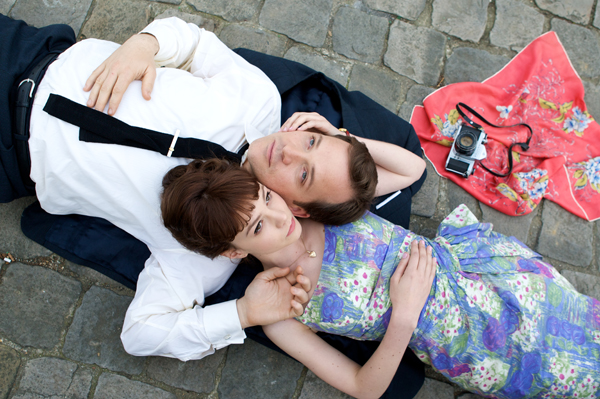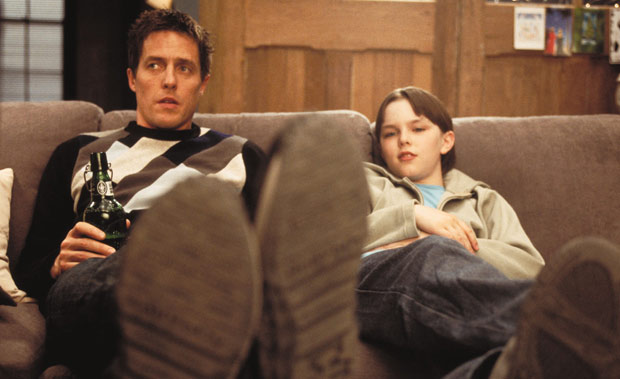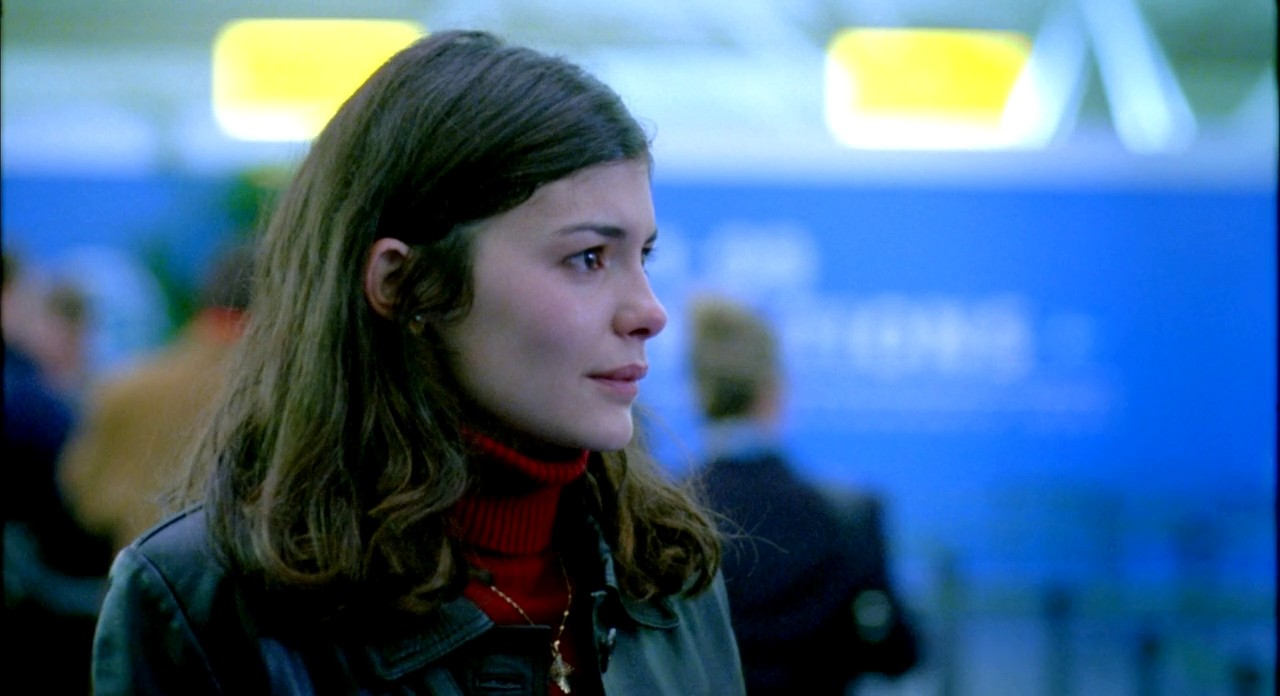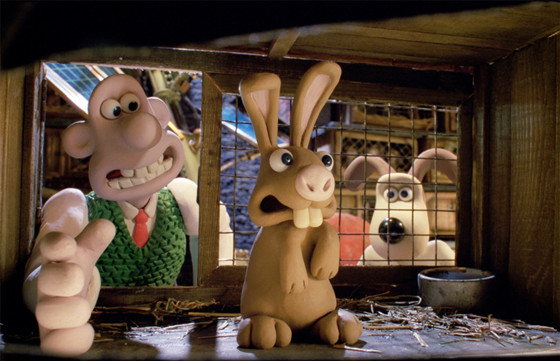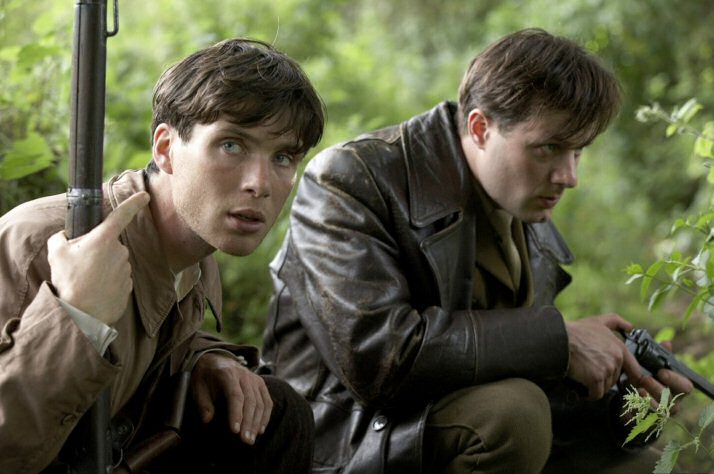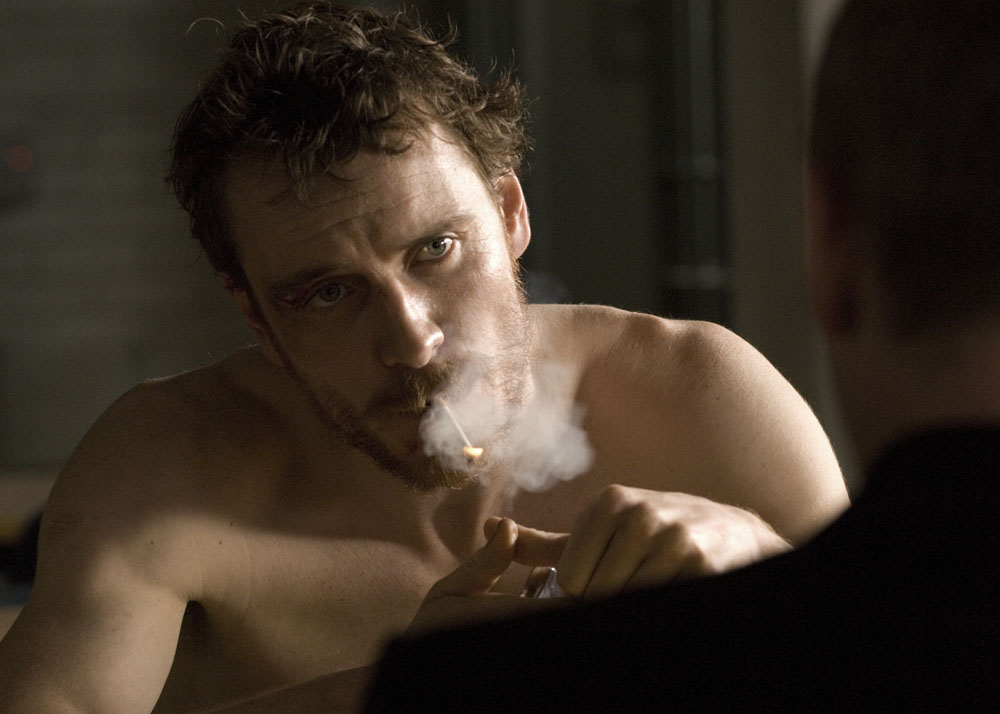14. An Education (2009)
Upon its release, critics raved about Carey Mulligan’s performance in the coming of age drama set in the 1960’s . The film, written by Nick Hornby and directed by Lone Scherfig (previously associated with the Danish Dogme 95 movement) follows Jenny Mellor (Mulligan) a bright schoolgirl on track for a place at Oxford university. Jenny then meets the older, charming David Goldman (Peter Sarsgaard) who sweeps her off her feet.
However, it later transpires that he is a conman, Jenny, still charmed by David accepts this until she also discovers that he is already married. Eventually, she returns to her place in school, wiser for her experiences. Hornby based the script on an autobiographical account written by journalist Lynne Barber about her involvement in a similar situation – this was later published after the film had completed shooting. Hornby has commented that he saw the story as being about a middle-class girl who suddenly realises that she is going to be left out from everything good that happens in the city.
The film has a commendable period feel, however, it is not without its anachronistic errors, the location is referred to as Twickenham, London although in 1961 Twickenham was still part of Middlesex, watch out to for the modern street lighting and listen for the two-tone horns of the police cars at a time when they still used bells. Regardless, the film remains an enjoyable journey through the early 60’s with the character of Jenny – something aided greatly by Mulligan’s performance.
13. About a Boy (2002)
Based on the 1998 novel of the same name written by Nick Hornby, this romantic comedy was directed by Chris and Paul Weitz (at the time still better known for directing American Pie) from a screenplay they adapted alongside Peter Hedges. Hugh Grant stars as Will Freeman, a bachelor who lives a life of leisure on the royalties of a Christmas song penned by his father.
As a ploy to ‘pick up’ women, Will invents a pre-school son, Ned, and begins attending a support group for single parents. Through this group Will ends up meeting Marcus (Nicholas Hoult) the son of one of the friends. Following an incident in which Marcus’ mother (Toni Collette) attempts suicide, the boy latches on to a Will, a reluctant friendship forms – more so when Marcus threatens to reveal ‘Ned’ as a fraud.
The film was reasonably well-received by both audiences and critics. Aside from a memorable performance by a young Hoult (by the close of the decade better recognised as Tony in C4 TV series Skins), the film marked a more mature role for Grant – as a shorter-haired, older more cunning chancer of a character.
At the core of this humanistic tale is the friendship between Marcus and Will with Grant’s character slowly having to abandon his selfish ways as the narrative progresses. Nominated for an Academy Award for Best Adapted Screenplay, the film drops the Nirvana references of the source novel (despite still being implied in the title) Marcus instead favours Rap music.
12. Dirty Pretty Things (2002)
Directed by Stephen Frears with a script by Steven Knight, this is a compelling thriller focusing on the trade of human organs in exchange for black market passports. Okwe (Chiwetel Ejiofor) is a former doctor, forced to flee from Africa to London where he now works as a cab driver by day and a hotel receptionist by night. The hotel has various members of staff who are legal and illegal immigrants.
One day a prostitute leaving the hotel informs him that there is blockage in the toilet – upon inspection, Okwe discovers this to be a human heart and from here he uncovers a trade in human organs. Elsewhere, Senay (Audrey Tautou) a legal Turkish immigrant, but without a work visa, Okwe lodges with comes into conflict with her employer – eventually leaving her with the option to flee the country – she needs a new passport and in desperation offers a kidney in exchange.
An all too infrequently referred to film dealing with on-going socio-political issues with high production standards and strong performances. Proof perhaps that to be socially relevant, British film does not need to be shot in ‘grubby’ realist style and feature the more loutish aspects of Brit culture.
At times, it makes for tense viewing, the moment the heart is discovered in the hotel room one knows this is a film heading into lesser charted territory. The Film won Best Independent Film Award in 2003 with Ejiofor picking up an award for best actor.
11. Wallace & Gromit: Curse of the Were-Rabbit (2005)
This animated adventure marked the first full feature length cinematic outing for Nick Park’s characters Wallace (voiced by Peter Sallis) and Gromit and production company Aardman Animation’s follow up to Chicken Run five years earlier.
The plot sees inventor Wallace and his more intelligent dog Gromit save the residents of a village from a giant mutant rabbit in the run up to the local vegetable contest. Similar to Shaun of the Dead, Were-Rabbit is an accomplished and coherent piece of film making in its own right whilst also making clever use of a series of reference points and homage to those which came before – the most obvious being Hammer productions series of horror films.
However, for Wallace and Gromit this is nothing new – TV movie adventures such as The Wrong Trousers (1993) and A Close Shave (1995) made homage to noir and even more directly Bond and the then topical Terminator sequel. Attracting big names such as Helena Bonham-Carter and Ralphe Fiennes to voice characters, the film was a hit with audiences and critics winning a number of academy awards.
Curiously, the U.S release redubbed the use of the word marrow with melon as it was felt a melon is more widely understood in the U.S. A boot-leg version which circulated in the U.K is said to contain this re-dubbed dialogue – furthermore several special editions with different packaging and slightly different special feature seem to have been/are available in the U.K alone.
The script was co-written by not only Nick Park and director Steve Box, but also Mark Burton and Bob Baker – a writer perhaps more widely known for his contributions to Doctor Who between 1971 and 1979, 2008’s follow up to Were-Rabbit, A Matter of Loaf and Death, has a character named after him.
10. The Wind that Shakes the Barley (2006)
A film about the Irish War of Independence and the Irish Civil War running throughout the 1920’s directed, ironically enough by Englishman Ken Loach, telling the fictional story of two County Cork brothers, Damien O’Donovan (Cillian Murphy) and Teddy O’Donovan (Pádraic Delaney), who join the Irish Republican Army to fight for Irish independence from the United Kingdom.
Well performed and fantastically shot on location in Ireland, the film (infact an international co-production between companies in Ireland, United Kingdom, Germany, Italy, Spain, France, Belgium, and Switzerland) is the country’s highest grossing Independent film ever.
The film takes its name from the 19th Century song of the same name – frequently used by Irish Republicans. Loach himself stated that he wanted to explore the concept of social revolution opposed to national revolution, differentiating between ‘bourgeois nationalists’ who just want to change the flag and genuine revolutionaries. An example of a historical film with continual social relevance, it has since revived some debate on differing interpretations of Irish history.
9. Hunger (2008)
This historical drama directed by Steve McQueen focuses on the 1981 Irish hunger strike in which paramilitary prisoners in Ireland protested to regain Special Category status. Micheal Fassbender stars as Bobby Sands, the real life prisoner who died after 66 days hunger strike, during which time he was elected as a member of parliament. The scenes of brutality at the hands of prison guards provoked both walkouts and a standing ovation when in premiered at Cannes in May 2008.
Central to the appeal of the film is the issue of character and morality, as Bobby recalls to the priest (Liam Cunningham) how he once drowned a badly injured foal to end its suffering and how the body can be used as one final weapon, one final retort against oppression.
Furthermore, the 17 minute unbroken shot between Bobby and the priest as he tries to talk him out of his strike has been referred to as one of the greatest in cinema – Cunningham apparently moved in with Fassbender so that they could practice the scene as much as fifteen times a day prior to shooting. Rejected for funding by the Irish Film Board the film eventually gathered finance from Film 4, Channel 4, The Broadcast Commission of Ireland and Northern Ireland Screen.
8. Happy Go Lucky (2008)
Mike Leigh’s tale of an eternally optimistic 30 year old primary school teacher Poppy Cross (Sally Hawkins) follows the character through a sequence of events, learning to drive, a family gathering and helping a troubled pupil.
The film follows Leigh’s usual pattern of having the actors follow a rough storyline for each scene but allowing them to interact spontaneously in character, this is most noticeable in the friction between Poppy and her driving instructor Scott (Eddie Marsan). Although the narrative, as far as Poppy is concerned, has no particular goal or direction, echoing the nature of her character, the strands do develop and give the viewer chance to observe the effect Poppy’s cheery nature has on other characters.
Some critics have debated just if and how much the character changes by the close of the narrative, although there is one later scene in particular with Poppy walking rather expressionless along the street, a contrast to her earlier energetic optimism despite the theft of her bicycle.
Perhaps, at this point Poppy is speculating the impact of her attitude on others. This is an engaging character led piece, aided in no small way by Wainwright’s performance – suitably contrasted against Marsan as the driving instructor.
